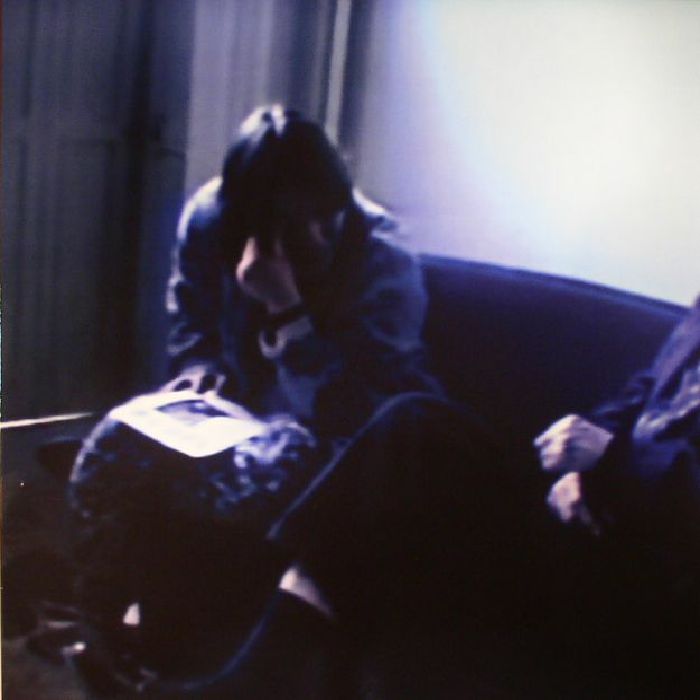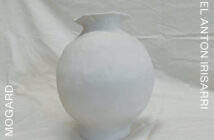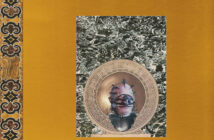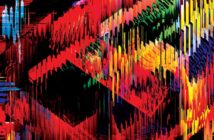Some experimental music is thematically coded to give the listener a way in, like Alan Lamb explicitly referencing the telecom wires he was recording or even someone like Christian Fennesz utilising the title Endless Summer, with the glitchy cover art referencing the beach, sun and all that entails. Others such as Anthony Pateras’ recent offerings on his own Immediata label have copious liner notes and interviews, which whilst they don’t explicitly say “I was intending to do…” does offer an insight into some of the preconceptions of the artists involved.
Melbourne artist Arek Gulbenkoglu does not do this.
If anything he does the opposite. He removes a way in. He uses multiple sound sources and approaches, the cover art looks like a share house couch, and title has no immediately discernable meaning to anyone outside of his circle. It feels entirely self contained. Is it naïve or genius? Sloppy or nuanced? Innovative or tired? It’s hard to know because I don’t know what he is trying to do, or even whether he has been successful.
This work is not about technical virtuosity, in fact it barely feels composed, or even selected, despite the fact that very specific and selective compositional decisions have been made. His field recordings don’t feel particularly special, whether its water or a shopping centre, they’re pretty mundane locations and the recordings are not particularly dynamic, yet they do tend to be rather long, tuning your ears into perhaps unintentional patterns and signifiers within. Again you’re wondering, was this sound originally in the recording or is this Gulbenkoglu’s intervention, and if so what does it mean? It’s ghost composition, the illusion of absence.
It begins with nondescript food court chattering before you can begin to make out some specific words, a poem or instructions of some kind perhaps. Vocalisations and human speech appear to be important for Gulbenkoglu and elements appear sporadically throughout the work. From chants to backward masking Gulbenkoglu appears interested in putting the voice into a new location like a location it never was or within FM synthesis. At one time a sine tone is halted by a cough.
It’s the intersection between electronics and speech tones and textures, but it’s much more and much less. It’s the formation of new patterns, new accidents that forces the listener to turn detective to analyse and hypothesize based on limited information. It’s obtuse sound art that’s so devoid of handles, seemingly devoid of intent and dismissive of authorship. If you’re looking for easy answers, you’ve come to the wrong place.




